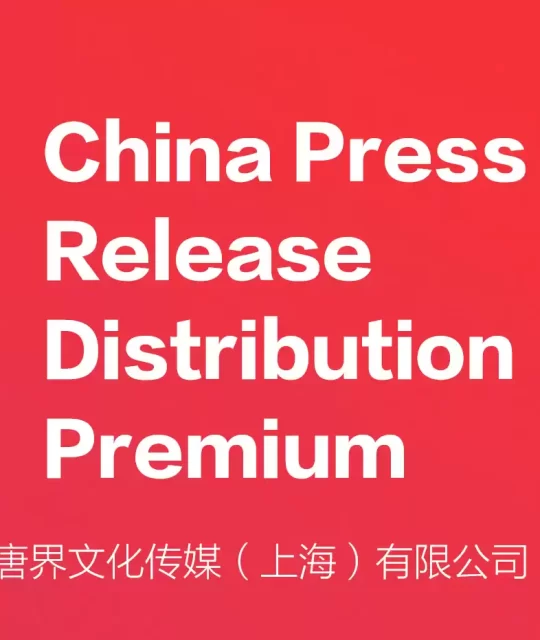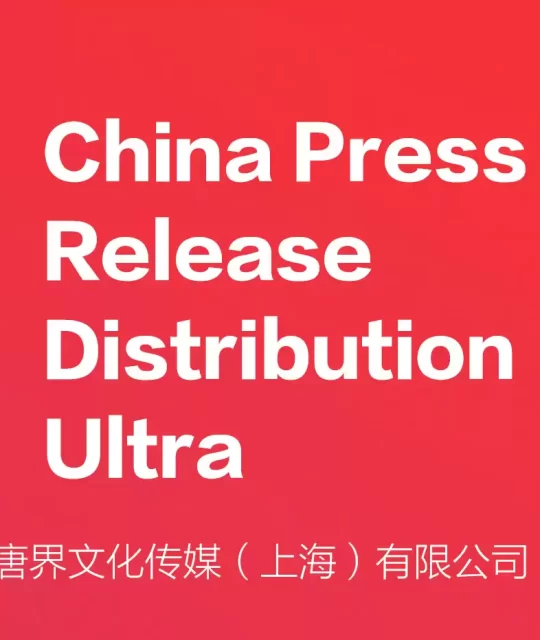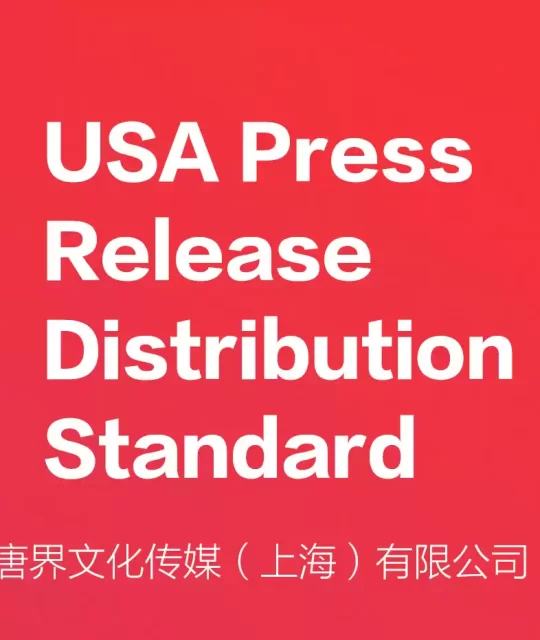China’s food and beverage (F&B) industry is one of the largest and most diverse in the world. With a rapidly evolving market, shifting consumer behaviors, and continuous innovation in technology and services, foreign brands must adapt their strategies to thrive in this competitive environment. Below, we explore the key trends influencing China’s F&B industry with real-world examples of how both international and local brands are leveraging these trends to succeed, alongside how China Business Agency can help foreign F&B brands navigate this complex market.
1. Health and Wellness Trends
The increasing awareness of health and wellness among Chinese consumers has led to a sharp rise in the demand for healthy, low-sugar, organic, and plant-based food options. With urbanization and rising disposable incomes, a large portion of China’s population is focusing on products that promote physical well-being.
For instance, Yili and Mengniu, two of China’s largest dairy producers, have embraced this trend by offering probiotic drinks and health-focused milk products. Yili’s launch of its Probiotic Drink series tapped into the growing demand for gut health and immunity-boosting beverages, helping it capture market share from health-conscious consumers in Tier 1 cities like Beijing and Shanghai.
Starbucks has also capitalized on the trend, offering plant-based alternatives in its beverages. Starbucks introduced its Plant-Based Protein Drink to meet the demand for vegan options, offering it as a healthier alternative to traditional dairy-based beverages.
At China Business Agency, we assist international food brands to navigate these health trends by understanding the local regulatory landscape, leveraging media relationships, and executing campaigns that resonate with local consumer preferences.
2. The Rise of Online Shopping and E-Commerce
The rapid growth of e-commerce in China has transformed the way consumers purchase food and beverages. Platforms like Tmall, JD.com, and Pinduoduo have become key players in distributing F&B products, especially as the younger generation shifts toward online shopping.
For example, Häagen-Dazs utilized Tmall and JD.com to offer exclusive ice cream flavors that weren’t available in stores, creating a sense of urgency and exclusivity for online shoppers. This strategy not only boosted sales but also fostered stronger customer loyalty.
PepsiCo, which sells products like Lay’s and Gatorade in China, has seen great success on platforms like Pinduoduo. By using group-buying deals, PepsiCo was able to target price-sensitive consumers while growing brand awareness.
Through China Business Agency, we help food and beverage companies build a solid online presence and strategize their e-commerce sales via platforms like JD.com and Tmall, ensuring that brands maximize their potential in China’s booming digital marketplace.
3. Localized Flavors and Product Adaptation
Understanding the rich and diverse food culture of China is essential for any brand entering the market. Consumers expect foreign brands to offer products that reflect their regional tastes and culinary preferences.
McDonald’s provides an excellent example of this. The fast-food chain introduced McSpicy Chicken and Tarpaulin Ice Cream to appeal to Chinese consumers who love spice and unique flavors. Similarly, KFC added Congee (a rice porridge) and Spicy Chicken to its menu to cater to local tastes.
In the beverage category, Coca-Cola adapted its product line to include region-specific flavors like Peach Sprite to satisfy Chinese consumers’ preference for fruity drinks. Nestlé’s KitKat launched the Green Tea KitKat, catering to local tastes and driving strong sales in Tier 1 cities.
At China Business Agency, we specialize in helping global brands localize their offerings to meet the unique needs of Chinese consumers. Our experience in media relations and digital marketing ensures that your localized products reach the right audience with a compelling message.
4. Sustainability and Eco-Friendly Practices
Sustainability has emerged as an essential trend in China’s F&B industry, particularly in Tier 1 cities where consumers are increasingly prioritizing eco-friendly brands. This has prompted companies to rethink their sourcing, packaging, and environmental impact.
Starbucks China has pledged to make all its packaging recyclable or reusable by 2025. Additionally, Tetra Pak has been working with brands like Nestlé to provide sustainable packaging solutions for beverages, ensuring they are aligned with China’s growing environmental consciousness.
Dove has introduced eco-friendly packaging solutions, shifting towards recyclable materials for their food packaging. As Chinese consumers continue to prioritize sustainability, this trend is driving the success of eco-conscious brands.
At China Business Agency, we assist brands in integrating sustainability into their Chinese market strategies. We can help you design campaigns that highlight your commitment to eco-friendly practices, ensuring that your brand resonates with today’s environmentally conscious consumers.
5. Premiumization of F&B Products
As Chinese consumers, particularly those in Tier 1 and 2 cities, continue to see a rise in disposable income, there is a growing appetite for premium food and beverage products. This trend is most evident in the popularity of gourmet foods, artisanal ingredients, and specialty beverages.
Starbucks Reserve stores in cities like Shanghai cater to premium customers by offering exclusive high-end coffees and rare beans. Similarly, LVMH’s Le Jardin d’Appétit, a gourmet food store in Shanghai, attracts affluent consumers with luxury food and drink experiences.
Coca-Cola has also introduced premium beverages, such as their Coca-Cola Signature Mixers, aimed at upscale consumers looking for a more sophisticated drinking experience.
At China Business Agency, we can help luxury and premium F&B brands position themselves effectively in China’s growing middle and upper-income segments. Our market insights and strategic campaigns ensure that your premium offerings connect with China’s high-end consumers.
6. Increasing Popularity of Plant-Based Products
The demand for plant-based food products in China is increasing rapidly, especially among younger and environmentally-conscious consumers. This trend is being driven by concerns about health, sustainability, and animal welfare.
Beyond Meat, a leading plant-based company, entered China and partnered with Starbucks and KFC to offer plant-based meat alternatives. Their plant-based burgers, available in select cities like Shanghai, have gained popularity as an alternative to traditional meat products.
Impossible Foods has also expanded into the Chinese market, partnering with Pizza Hut China to offer plant-based pizzas to cater to health-conscious and eco-friendly customers.
At China Business Agency, we help international plant-based brands establish themselves in the Chinese market by connecting them with local influencers, media outlets, and consumer touchpoints. Our expertise in localized content creation and media relations will help your brand gain traction in the plant-based segment.
7. Functional Beverages
The functional beverage market in China is booming as consumers look for drinks that provide added health benefits, such as improved immunity, energy, or mental well-being.
Brands like Red Bull have seen significant growth in China’s energy drink sector, while Nestlé and Amway have capitalized on the demand for vitamin-infused and probiotic beverages. Amway’s Nutrilite and Nestlé’s vitamin-enhanced waters are appealing to Chinese consumers seeking functional, wellness-oriented beverages.
Tsingtao Brewery, traditionally known for its beer, has introduced herbal-infused beers to cater to health-conscious consumers seeking functional alcoholic beverages.
At China Business Agency, we specialize in helping F&B brands promote functional products through strategic marketing campaigns and influencer partnerships, ensuring your products resonate with the health-focused segment.
8. The Role of Influencers and Social Media Marketing
Social media marketing, particularly via platforms like WeChat, Weibo, and Douyin, plays a vital role in connecting brands with consumers in China. Influencers, or Key Opinion Leaders (KOLs), are highly trusted by Chinese consumers, making them an essential part of any marketing strategy.
PepsiCo China used Douyin to promote its healthier snack range, partnering with popular KOLs to drive engagement and awareness. Coca-Cola China leveraged WeChat and Weibo to create interactive campaigns, boosting consumer engagement around its product launches.
At China Business Agency, we have established relationships with top influencers and media platforms to ensure your brand reaches the right audience. Our expertise in creating impactful influencer partnerships helps foreign brands enhance their visibility and drive conversions in the Chinese market.
Conclusion
Navigating China’s food and beverage market requires a deep understanding of local trends, consumer preferences, and technological advancements. From health-conscious products to localized flavors, sustainability, and e-commerce strategies, foreign brands must adapt quickly to succeed.
At China Business Agency, we help international F&B brands successfully enter the Chinese market by providing insights, strategic marketing, and local expertise. Whether you’re targeting health-conscious consumers or launching a premium product line, our team is equipped to develop tailored campaigns that resonate with Chinese consumers and drive growth in this dynamic market.





